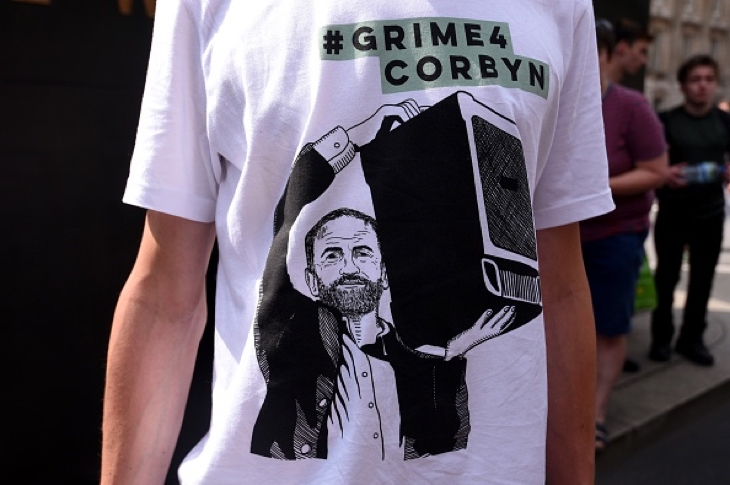It’s the youth wot won it (almost). The day after the election turned into a day of self-congratulation for young voters, as initial reports indicated 72 per cent turnout among 18-24 year olds.
As post-election data comes in, it is obvious that the so-called ‘youthquake’ was exaggerated. Nevertheless, there was undeniably an upward trend in engagement. The Conservatives now need to learn from their mistake of believing young people would never make it to the polling station.
Figures released yesterday by Ipsos Mori put turnout at 64 per cent for 18-24 year olds on the electoral register, the highest for more than two decades. YouGov’s estimate last week was lower at 57 per cent for 18-19 year olds and 59 per cent for 20-24 year olds, but whichever way you look at it, involvement is going up.
And unsurprisingly, young people were much more likely to vote Labour than Tory. As James Forsyth wrote earlier this week, ‘One of the major problems for the Tories was that they had almost no positive offer; what did they offer a thirty something on fifty thousand a year who didn’t stand to inherit anything? Tories can’t expect young people to be capitalists, when they have no capital.’
Young people even felt ready to abandon smaller parties in order to back Corbyn. The Greens’ 18-34 vote share fell by five points compared to 2015. The Liberal Democrat vote was almost flat for 18-25 year olds, and my guess would be that of the 5 per cent who did vote for them, many did so tactically in marginal seats like Oxford West.
The biggest swing from Conservatives to Labour was among women aged 18 to 24, 74 per cent of whom voted Labour – more than any other demographic. Only 18 per cent voted Conservative, compared to 36 per cent of men the same age. It was Labour’s pledges to tackle everything from maternity discrimination to representation of women in apprenticeships that won them over, rather than the prospect of a female prime minister.
Ipsos says the gap between voting intentions by age is the biggest since its records began in 1979. If the under-25s keep up this kind of momentum, Jeremy Corbyn could be laughing all the way to Number 10.
So what can the Conservative party do? At the moment, not a lot. Any move to appease the young will likely be perceived as a cynical vote-grab. The first step is to simply to learn the lesson the election has taught all of us: never bank on low youth turnout again.
Alys Key is a reporter at City A.M






Comments